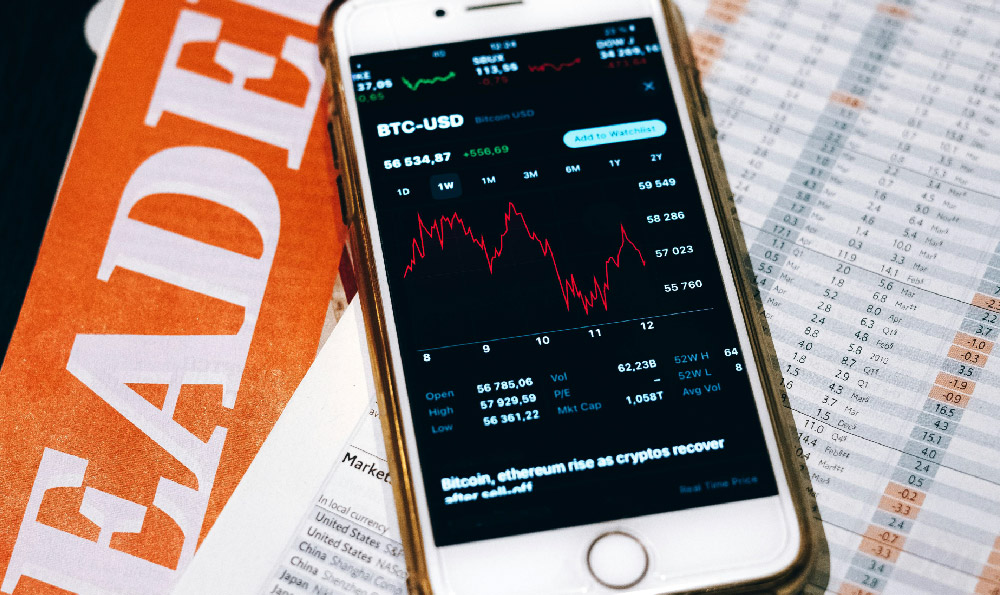Okay, I understand. Here’s an article exploring Cash App’s revenue model and profitability:
Cash App, the brainchild of Block, Inc. (formerly Square, Inc.), has rapidly transformed from a simple peer-to-peer payment app into a comprehensive financial services platform. Its ubiquitous presence, especially among younger demographics, begs the question: how does this app generate revenue, and more importantly, is it actually profitable? Unraveling its financial intricacies reveals a multi-faceted approach to monetization that balances user accessibility with revenue generation.
The core of Cash App’s initial appeal lies in its free peer-to-peer payment service. Sending money to friends and family within the same country is generally without fees when using a linked debit card or Cash App balance. However, this is only the tip of the iceberg. This free service serves as the vital hook to attract and retain a massive user base, forming the foundation for other revenue-generating activities. Think of it as a loss leader: the free service draws customers into the ecosystem, making them more likely to utilize the paid services.

One of Cash App's primary revenue streams comes from transaction fees associated with instant deposits to linked debit cards. While standard deposits are free and typically take 1-3 business days, users who need immediate access to their funds can opt for instant deposits, incurring a fee, usually around 1.5% of the transferred amount. This convenience fee provides a readily available revenue stream, particularly attractive to users who need urgent access to their money. This service caters to immediate needs and impulse buys, further entrenching Cash App in the daily habits of its users.
Another significant revenue source is the Cash Card. This customizable Visa debit card linked to the user's Cash App balance allows for spending at physical and online merchants. Cash App earns interchange fees – a small percentage charged to the merchant for each transaction made using the Cash Card. These fees are paid by merchants to the card-issuing bank (in this case, Cash App’s partner bank) and are a standard part of the payment processing system. The more Cash Card users spend, the more interchange revenue Cash App generates. Boosts, a feature offering instant discounts at specific merchants when using the Cash Card, further incentivize usage and drive revenue. These boosts, often funded by the merchants themselves to attract new customers, create a win-win situation: users save money, merchants gain sales, and Cash App earns interchange fees.
Moving beyond simple payments and spending, Cash App has strategically ventured into more complex financial services. Stock and Bitcoin trading are prime examples. Users can buy and sell fractional shares of publicly traded companies and purchase Bitcoin directly through the app. Cash App earns a commission or spread (the difference between the buy and sell price) on these transactions. While these features democratize access to investment opportunities, they also introduce a significant revenue stream for the company. The volatility inherent in these markets, particularly cryptocurrency, can drive increased trading activity, further boosting Cash App’s revenue. It’s crucial to remember however, that investing inherently involves risk and these services are best suited to individuals who understand the potential implications.
Furthermore, Cash App generates revenue through business accounts. Businesses can use Cash App to accept payments from customers. While sending and receiving money between personal accounts is generally free, businesses are charged a processing fee for each transaction they receive. This fee, similar to those charged by other payment processors like PayPal or Stripe, allows businesses to accept payments easily without investing in expensive point-of-sale systems. This positions Cash App as a valuable tool for small businesses and independent contractors, further expanding its user base and revenue potential.
So, is Cash App profitable? This is a more complex question. While Block, Inc. does not typically break out the specific profitability of Cash App as a standalone entity in its financial reports, the platform's contribution to Block's overall revenue is undeniably significant and growing. Cash App's gross profit has consistently increased year-over-year, indicating its growing importance to Block's bottom line. However, profitability is impacted by substantial investments in product development, marketing, and customer acquisition. Acquiring new users and adding new features requires significant financial outlay.
Moreover, regulatory compliance and fraud prevention require ongoing investment. Cash App operates in a highly regulated environment, and maintaining compliance with various financial regulations is essential but costly. Similarly, preventing fraud and ensuring the security of user accounts is an ongoing battle that demands significant resources. These operational expenses, while necessary, eat into potential profits.
In conclusion, Cash App's revenue model is diverse, relying on a combination of transaction fees, interchange fees, commissions on investments, and business account fees. While achieving consistent and significant net profitability is an ongoing process, Cash App's continuous growth, expansion into new financial services, and strategic investments suggest a strong trajectory towards sustainable profitability in the long term. The app has successfully leveraged a free initial offering to build a massive user base, which it then monetizes through a variety of value-added services. As Cash App continues to evolve and adapt to the changing landscape of financial technology, its profitability will depend on its ability to effectively manage costs, innovate its offerings, and retain its loyal user base. The future of Cash App looks bright, but only time will tell if it can consistently deliver significant profits for Block, Inc. and its shareholders.












